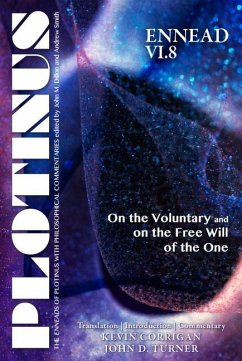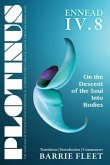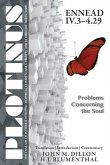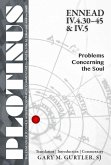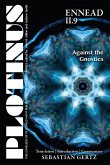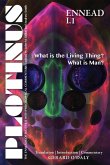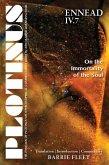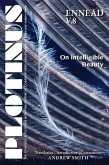Ennead VI.8 gives us access to the living mind of a long dead sage as he tries to answer some of the most fundamental questions we in the modern world continue to ask: are we really free when most of the time we are overwhelmed by compulsions, addictions, and necessities, and how can we know that we are free? Can we trace this freedom through our own agency to the gods, to the Soul, Intellect, and the Good? How do we know that the world is meaningful and not simply the result of chance or randomness? Plotinus' On the Voluntary and on the Free Will of the One is a groundbreaking work that provides a new understanding of the importance and nature of free human agency. It articulates a creative idea of agency and radical freedom by showing how such terms as desire, will, self-dependence, and freedom in the human ethical sphere can be genuinely applied to Intellect and the One while preserving the radical inability of all metaphysical language to express anything about God or gods.

